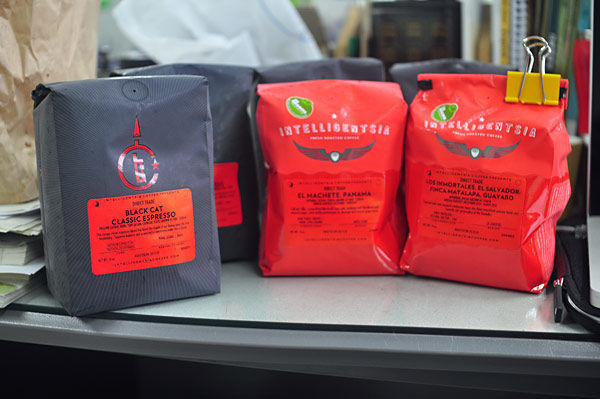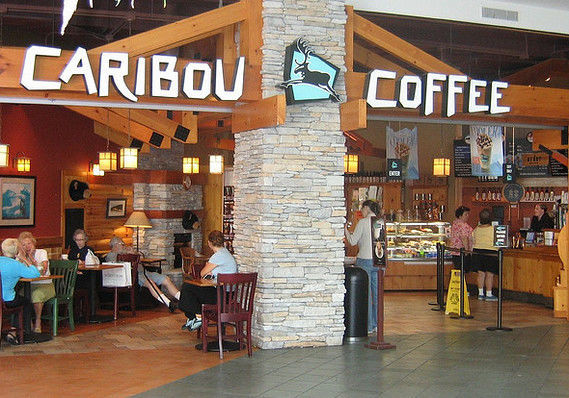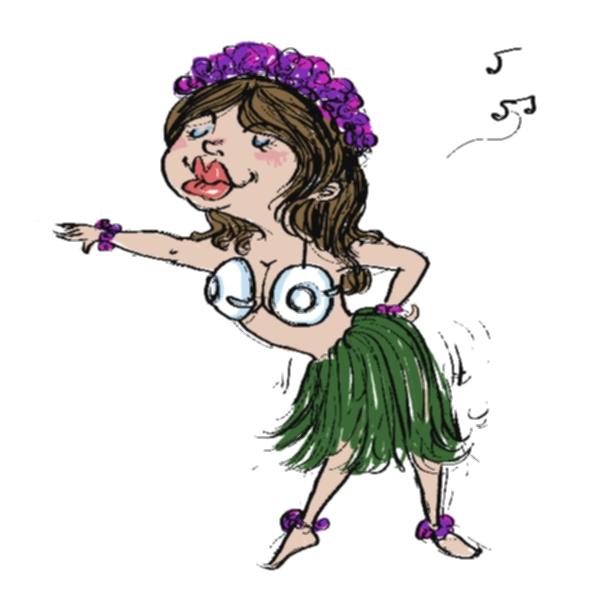A coffee shop in the United States buys two boutique coffee brands to take the road of boutique coffee.
On October 31, US coffee chain Peet's Coffee & Tea announced a $100m bid for Intelligentsia Coffee, a boutique coffee brand from Chicago, just three weeks after it announced the acquisition of Stumptown, another boutique coffee brand.
"We have no intention of buying boutique cafes any more." Said Hayden Perry, director of marketing at Peet's. You may not be familiar with all three coffee companies, and in short, these two acquisitions are big enough for the coffee world.
Let's start with the two boutique coffees that have been acquired. Generally speaking, "intellectuals", "Tree Pier City" and another "Counter Culture" are called the three most important representatives of the "third wave of coffee" (Third wave of coffee), but you may be more familiar with "Blue Bottle", which originated in New York in 2010, which is known as Apple of the coffee world.
The so-called "third wave of coffee" was first proposed by Trish Rothgeb, a roaster at the Wrecking Ball coffee roasting plant in the United States in 2002. a coffee shop in this category must have the condition of making coffee with fine craftsmanship like brewing.
In 1995 Doug Zell and Emily Mange founded intellectuals in Chicago. Twenty years later, it has 10 stores and two coffee roasters in Chicago, Los Angeles and New York. Intellectuals are not necessarily a good role model when it comes to the speed of opening a store, but its quality is indisputable. The most famous category is a coffee bean called Black Cat espresso.

"intellectual" coffee
Since 2003, four baristas of the intellectual have won the American barista contest (USBC), which is why it is called Harvard in the Coffee World. "intellectuals" have their own coffee training mechanism, which involves various aspects such as production technology, raw bean roasting, production control and coffee trade, and it is the control of these links that directly ensures the quality of "intellectuals".
Tree Pier City was also founded in the 1990s. In 2009, it opened its first store in New York in Manhattan, New York, from Portland. The following year, still in New York, Tree Pier City opened a specialty store that offered only follicular coffee.
Unlike the previous types of milk coffee made from espresso, consumers drink coffee made by hand tools such as French kettle, hand filter pot, Philharmonic pressure and so on. Like intellectuals' black cat coffee beans, Shu Dun City's best seller is a moderately roasted coffee bean "Hair Bender".

Shu Dun City Coffee
For boutique coffee lovers, "intellectual" and "Tree Pier City" are the highest quality representatives, so what is the protagonist of these two rounds of acquisitions, Peet's?
In 1966, Peet's was founded by Dutch-born baker Alfred Peet in Berkeley, California. At that time, Peet's was the first coffee shop on the West Coast to introduce deep-roasted Arabica coffee (now one of the most important commercial coffee beans), operating as a chain model of selling coffee while selling baked beans, so it was known as the birthplace of heavily roasted fashion and espresso in the United States.
When English teacher Jerry Baldwin, history teacher Zev Siegel and writer Gordon Bowker set out to open their first Starbucks store in Park Market in Seattle in 1971, they were directly influenced by Peet's. In the first year after opening, coffee beans were imported directly from Peet.
Compared to the "third wave of coffee", Peet's and Starbucks are often referred to as the "second wave of coffee". On the one hand, they pay more attention to the quality of instant coffee than the instant coffee prevailing before and after World War II, but also pack coffee as a beverage and pay attention to the expansion of the size of the store.

Peet's Coffee & Tea
Although he was largely the enlightened Starbucks, the development of Peet's was far inferior to that of Starbucks later run by Howard Schultz. In 2010, Peet's had 193 stores, all in the United States. At this time, Starbucks had more than 10, 000 stores and began to focus on overseas markets represented by China. So in May 2011, Peet reported revenue of $636 million, only 2.3 per cent of that of Starbucks.
If the quality of coffee is not much different from that of Starbucks, and the latter will be new in category, and the chain size does not have an advantage, then the living space of Peet may be relatively small. Similar to Peet's, it was founded in Minnesota in 1992 and is also part of Joh, a German investment group. A. Caribou Coffee of Benckiser. As the second largest coffee company in the United States, Caribou has 273 stores in the United States and 203 stores in 10 overseas countries.

Caribou Coffee
But neither the established Peet nor the Caribou that follows Starbucks can compete with Starbucks at the moment, and this acquisition may be an important step for Peet to gain more space in the future.
In 2014, Starbucks spent $20 million to improve its coffee, including opening a baking room in Seattle and continuing to add weight to its high-end product selection line. But the original brand image is so ingrained that it takes a lot of time and cost to connect a fast-food coffee chain with high-quality coffee.
At this point, it is much more ingenious to directly acquire independent cafes that represent good quality. "Peet wants more consumers to enjoy high quality coffee." Perry said.
On the other hand, although intellectual and Shudun City will remain independent after being acquired by Peet's, and ideally bring high-quality coffee to more consumers, many people still express concern.
Kyle Glanville, a former partner of the intellectual, tweeted: "intellectuals belong to Peet's. I don't know the world anymore. " And @ Tim Schraeder said, "Dear @ intellectual, please don't lose your soul."
From: curiosity Daily
Important Notice :
前街咖啡 FrontStreet Coffee has moved to new addredd:
FrontStreet Coffee Address: 315,Donghua East Road,GuangZhou
Tel:020 38364473
- Prev

Nine tricks for you to have a good cup of coffee in the office and make the office coffee out of the cafe level.
Introduction: who says the coffee made in the office can't be drunk at all? Everything is under control. Here are 9 tips to turn decay into magic and make office coffee out of the coffee shop level. (source: Enjoy elegant interest author: Zhang Laoji) the office is the big construction site, and coffee is productivity. In this way, putting a coffee machine in the office is like adding a small motor. Who is the coffee?
- Next

Do you really shrink your breasts by drinking coffee often?
Q: does drinking coffee often really shrink your breasts? A: this statement is actually a misreading of the results of a scientific study, and there is no clear evidence that regular coffee shrinks the chest. As early as a few years ago, the author read such a report: a new discovery by Swedish scientists attracted the attention of many people because they pointed out that if girls drink more than three cups of coffee a day, their
Related
- Unexpected! Ruixing Telunsu lattes use a smoothie machine to foam milk?!
- % Arabia's first store in Henan opens into the village?! Netizen: Thought it was P's
- Does an authentic standard mocha coffee recipe use chocolate sauce or powder? Mocha Latte/Dirty Coffee/Salty Mocha Coffee Recipe Share!
- What is the difference between Vietnam egg coffee and Norway egg coffee? Hand-brewed single product coffee filter paper filter cloth filter flat solution!
- What is the difference between sun-cured and honey-treated coffee? What are the differences in the flavor characteristics of sun-honey coffee?
- How to make Italian latte! How much milk does a standard latte use/what should the ratio of coffee to milk be?
- How to make butter American/butter latte/butter Dirty coffee? Is hand-brewed coffee good with butter?
- Is Dirty the cold version of Australian White? What is the difference between dirty coffee/decent coffee and Australian white espresso?
- Relationship between brewing time and coffee extraction parameters How to make the brewing time fall to 2 minutes?
- Got entangled?! Lucky opens a new store, Mixue Ice City, and pursues it as a neighbor!

